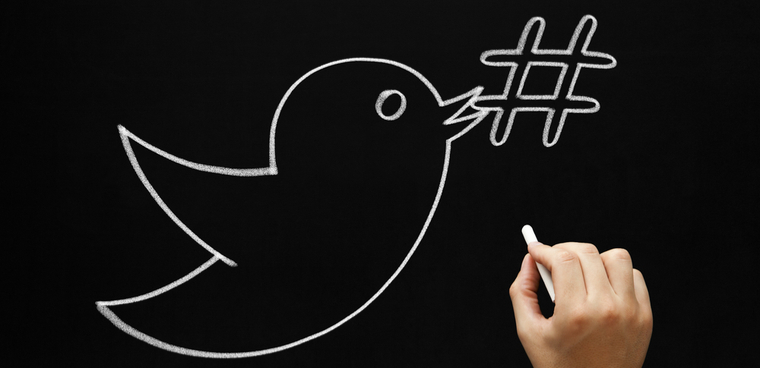Trump can't block Twitter critics, judge rules
A federal judge took the side of First Amendment advocates and blocked social media users in a ruling that sets limits on what public officials can do to curate their Twitter accounts.

President Donald Trump can't block critics from viewing and interacting with his @realDonaldTrump Twitter account, a federal judge ruled on May 23, although Trump and his social media helpers are free to mute accounts they don't care to see.
In a First Amendment case that could have far-reaching consequences on how public officials use Twitter and other social media platforms, U.S. District Court Judge Naomi Reice Buchwald issued a 75-page ruling that boiled down to this: If you are a public official tweeting on an official account, there are limits to what you can do to avoid interacting with individuals whose views you don't like.
The case was filed last July by the Knight First Amendment Institute at Columbia University and several individuals who have been blocked from viewing the @realDonaldTrump account.
Judge Buchwald agreed with arguments put forth by the plaintiffs that Trump's Twitter feed met the standards put forth by the Supreme Court as a "public forum," and access to it could therefore not be abridged on the basis of an individual's opinion. To do so, Buchwald wrote, "constitutes viewpoint discrimination that violates the First Amendment."
There's no order to Trump or social media assistant Dan Scavino, who is also named in the case, to unblock users. "A declaratory judgment should be sufficient, as no government official – including the President – is above the law," the ruling states, "and all government officials are presumed to follow the law as it has been declared."
The judge discounted arguments about Trump's own First Amendment rights to control his Twitter feed and the fact that the account was set up privately and used prolifically for years before Trump won the 2016 presidential election.
Buchwald drew a distinction between Twitter's blocking and muting functions. Blocking prohibits another user from viewing or replying to an account, while muting allows a Twitter user to squelch other users' tweets and replies from showing up in their feed.
"Muting equally vindicates the President’s right to ignore certain speakers and to selectively amplify the voices of certain others but -- unlike blocking -- does so without restricting the right of the ignored to speak," Buchwald wrote.






